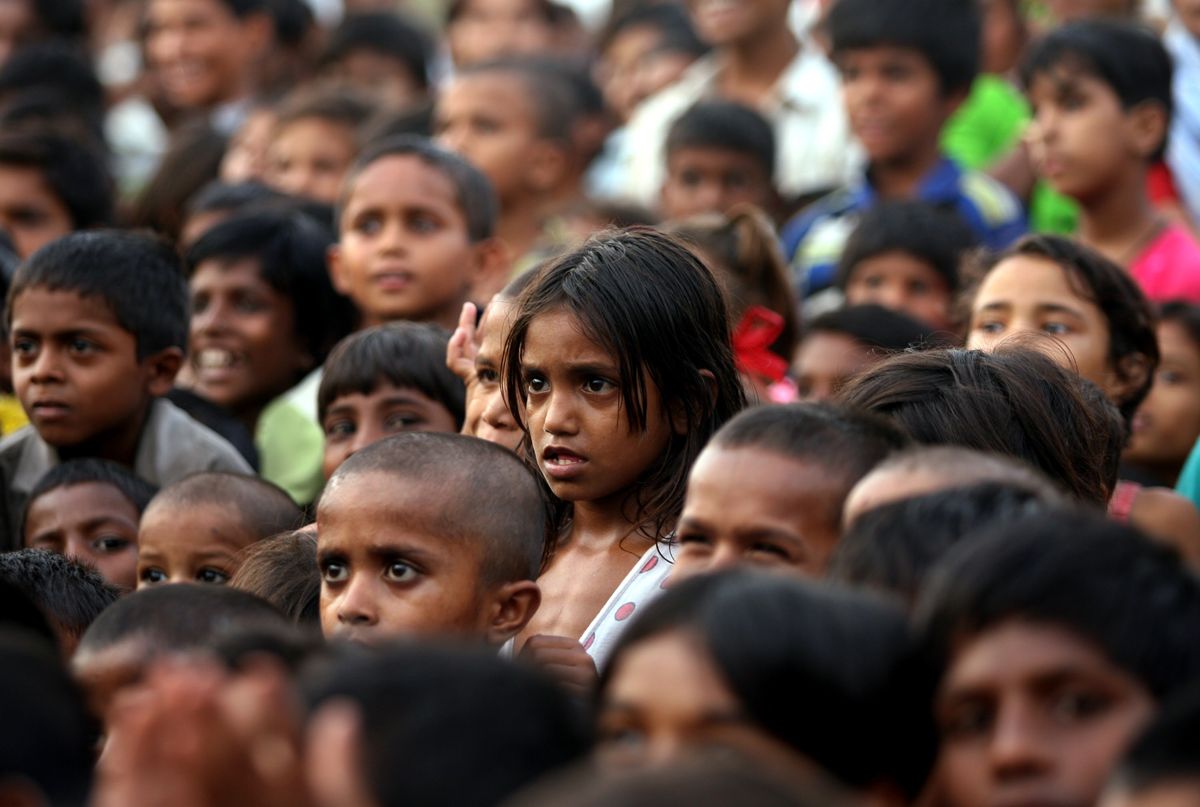As the world’s population surges towards 8 billion people, two massive demographic trends are underway that will have distinct political consequences for different countries around the world
First, in many industrialized countries, population growth rates are stagnating or, as in Eastern Europe and parts of East Asia, falling. These countries are graying fast as the share of old folks rises.
Meanwhile in vast reaches of Sub-Saharan Africa and parts of the Middle East, people are also living longer while at the same time youth populations are also currently exploding. In fact, by some estimates, Africa alone will account for almost all of the global population growth that occurs in this century (2 billion people in total).
Old folks and young folks present different sets of political challenges. One way of thinking about, in the Labor Day spirit, is that it’s mainly about jobs or, you might say, about labor.
Countries with aging populations face a basic challenge: are there enough warm bodies to keep the economy humming along and to pay taxes into pensions and healthcare schemes for the elderly? If not, governments must face the politically unpopular choice of either raising taxes or cutting pensions benefits. For an illustration of the political risks of pension reform just over the past year, look at Argentina (protests), Nicaragua (riots, killings leading to political crisis), or Russia (protests, uncharacteristic public policy reversal by president Putin).
Meanwhile, countries with huge youth populations face a different, and arguably more severe challenge: how to find productive jobs for all those young people. Consider that many of the countries in Africa and the Middle East that have the biggest youth bulges also show some of the highest rates of youth unemployment – youth unemployment in Saudi Arabia, Tunisia, Egypt, and Kenya is above 20 percent. In South Africa, youth joblessness is nearing 60 percent. Lots of idle young people is a recipe for political instability anywhere. Creating enough jobs for them requires little good luck and lot of good policy on education, on labor markets, and on infrastructure.
One great but unpopular solution: there’s one obvious way to balance this all out – it starts with an I and it ends with… well, these days, it tends to end with populist backlashes. That’s right: increased immigration flows are the most logical way to balance out labor surpluses in some countries with labor shortages in others. But anti-immigrant cultural and political backlashes in the rich world are making that a very tough sell these days, even if some sensible immigration reforms have been put on the table.
And if immigration policies tighten in precisely the places where there is the most economic opportunity, the pressure on poorer countries with huge swaths of young and restless will only rise.


















